Hearing dogs for deaf people are more than just pets; they are life-changing companions that provide independence, confidence, and security. These specially trained dogs alert their owners to essential sounds, such as doorbells, alarm clocks, smoke alarms, and even their name being called.
With advancements in training techniques, hearing dogs have become indispensable allies for people with hearing impairments. If you are looking for a dedicated professional to train your service dog, expert trainers like Daniel Garrigan can help ensure your dog is well-prepared for its role.
What Are Hearing Dogs?
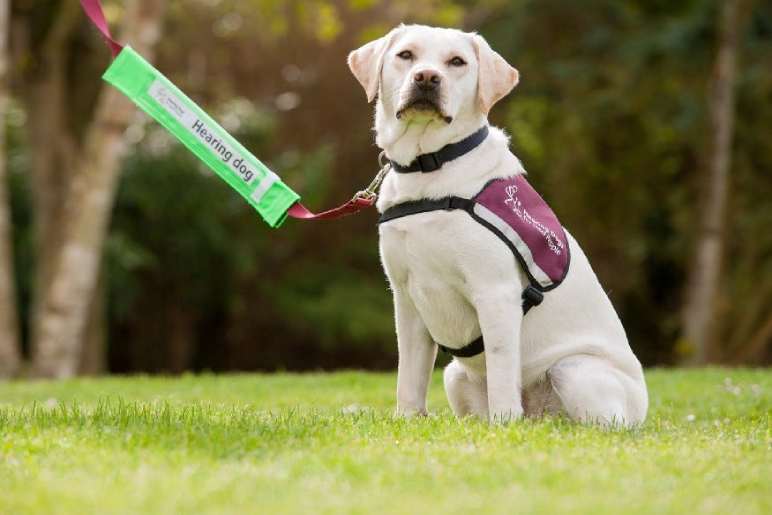
Hearing dogs are service animals specifically trained to assist people with various degrees of hearing loss. Unlike guide dogs for the blind, hearing dogs focus on alerting their owners to auditory cues that are critical for daily life.
Breeds commonly used for hearing dogs include Labrador Retrievers, Cocker Spaniels, Miniature Poodles, and Golden Retrievers due to their intelligence, trainability, and friendly nature.
How Hearing Dogs Are Trained
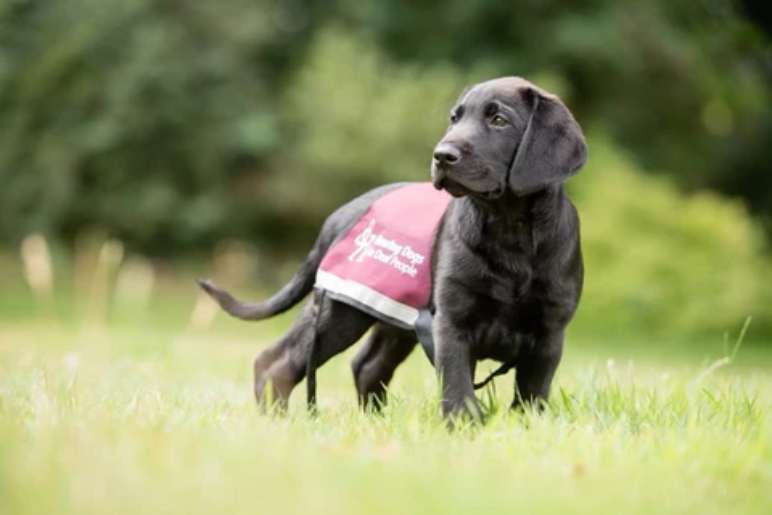
Hearing dogs undergo rigorous training before being placed with an owner. The process includes:
1. Basic Obedience Training
Before specializing in hearing assistance, dogs are trained in fundamental obedience commands like sit, stay, come, and heel. This training ensures they are disciplined and responsive to their handler.
2. Sound Recognition and Alert Training
The primary role of a hearing dog is to recognize important sounds and alert their owner. This involves:
- Learning to identify doorbells, alarms, telephones, and crying babies.
- Making physical contact (pawing or nudging) to inform the owner of a sound.
- Leading the owner toward or away from the sound, depending on its nature.
3. Socialization and Environmental Exposure
Hearing dogs must be confident in various environments, from busy streets to crowded public spaces. They are exposed to different social settings to ensure they remain calm and composed while assisting their owners.
4. Personalized Training
Once paired with an owner, the hearing dog undergoes additional training to adapt to their specific needs and lifestyle. Expert trainers, such as Daniel Garrigan, can tailor training programs to suit individual requirements, making the transition seamless for both dog and owner.
Benefits of Hearing Dogs for Deaf People
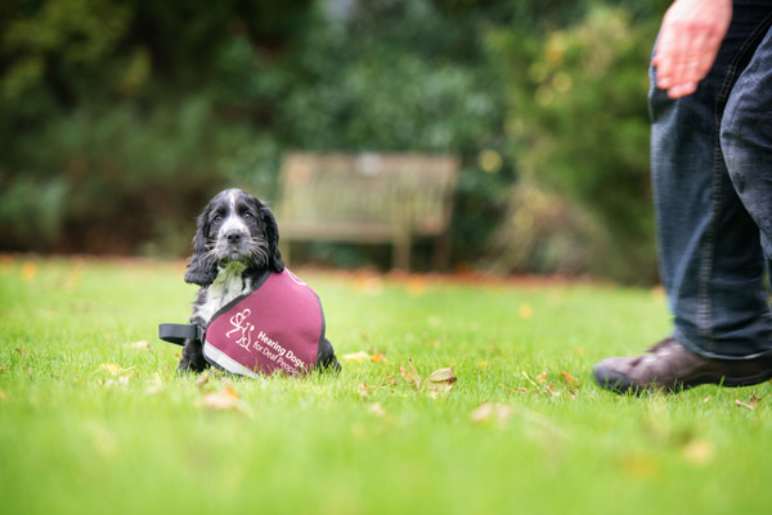
Hearing dogs offer numerous benefits beyond just alerting their owners to sounds.
1. Increased Independence
Many deaf individuals rely on others for awareness of auditory cues. With a hearing dog, they gain autonomy, allowing them to navigate their daily lives without constant human assistance.
2. Enhanced Safety
A hearing dog acts as a second pair of ears, warning their owner about potential dangers such as fire alarms, approaching vehicles, or emergency sirens. This can be life-saving in critical situations.
3. Improved Emotional Well-being
Hearing dogs provide emotional support, reducing feelings of isolation and loneliness. Their companionship boosts confidence and mental health, making daily interactions easier and more enjoyable.
4. Social Bridging
These dogs help bridge the communication gap between deaf individuals and the hearing world. They often attract positive attention, leading to more social interactions and breaking barriers in public spaces.
How to Get a Hearing Dog
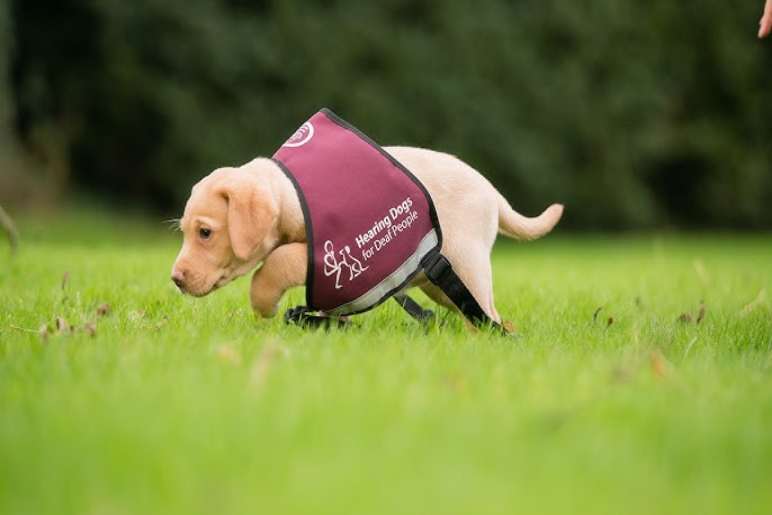
1. Eligibility Assessment
Individuals interested in getting a hearing dog must meet specific criteria, which may include:
- Having a diagnosed hearing impairment.
- Being physically capable of handling a dog.
- Living in an environment suitable for a service animal.
2. Application Process
Organizations that provide hearing dogs typically have an application process that includes interviews, home assessments, and evaluations to match the right dog with the right owner.
3. Training and Bonding
Once a match is made, the new owner undergoes training to learn how to work with their hearing dog effectively. This phase ensures a strong bond and successful integration of the dog into their life.
The Role of Expert Trainers
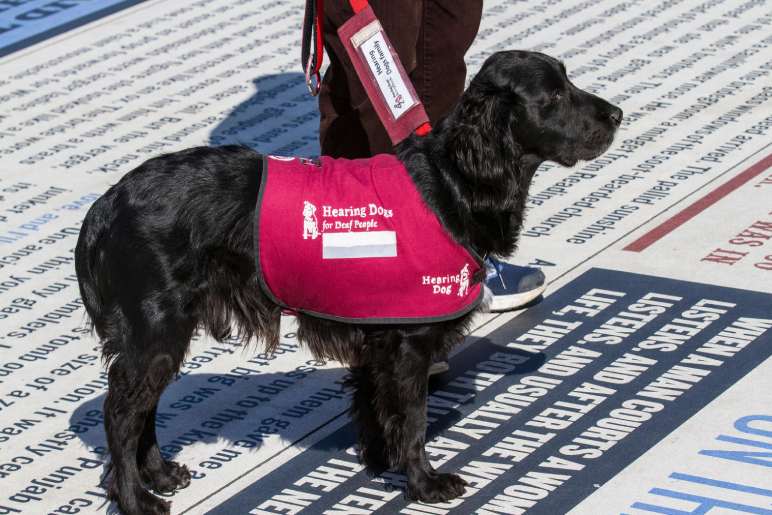
Professional trainers play a crucial role in preparing hearing dogs for their responsibilities. A skilled trainer like Daniel Garrigan can:
- Develop personalized training programs.
- Address behavioral challenges.
- Ensure the dog remains well-trained throughout its service life.
With the right training and support, hearing dogs can significantly improve the quality of life for deaf individuals.
Conclusion
Hearing dogs for deaf people offer more than just assistance; they provide security, companionship, and newfound independence. Through specialized training, these incredible dogs transform lives, making everyday tasks easier and safer. If you are considering a hearing dog or need expert training services, reaching out to experienced trainers like Daniel Garrigan can make a world of difference.
